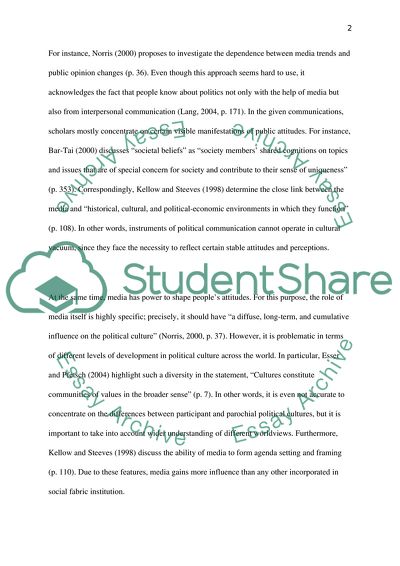Cite this document
(Political Communications Essay Example | Topics and Well Written Essays - 2500 words, n.d.)
Political Communications Essay Example | Topics and Well Written Essays - 2500 words. https://studentshare.org/politics/1869002-what-role-do-political-communications-play-in-ethnic-cleansing-andor-genocide
Political Communications Essay Example | Topics and Well Written Essays - 2500 words. https://studentshare.org/politics/1869002-what-role-do-political-communications-play-in-ethnic-cleansing-andor-genocide
(Political Communications Essay Example | Topics and Well Written Essays - 2500 Words)
Political Communications Essay Example | Topics and Well Written Essays - 2500 Words. https://studentshare.org/politics/1869002-what-role-do-political-communications-play-in-ethnic-cleansing-andor-genocide.
Political Communications Essay Example | Topics and Well Written Essays - 2500 Words. https://studentshare.org/politics/1869002-what-role-do-political-communications-play-in-ethnic-cleansing-andor-genocide.
“Political Communications Essay Example | Topics and Well Written Essays - 2500 Words”. https://studentshare.org/politics/1869002-what-role-do-political-communications-play-in-ethnic-cleansing-andor-genocide.


